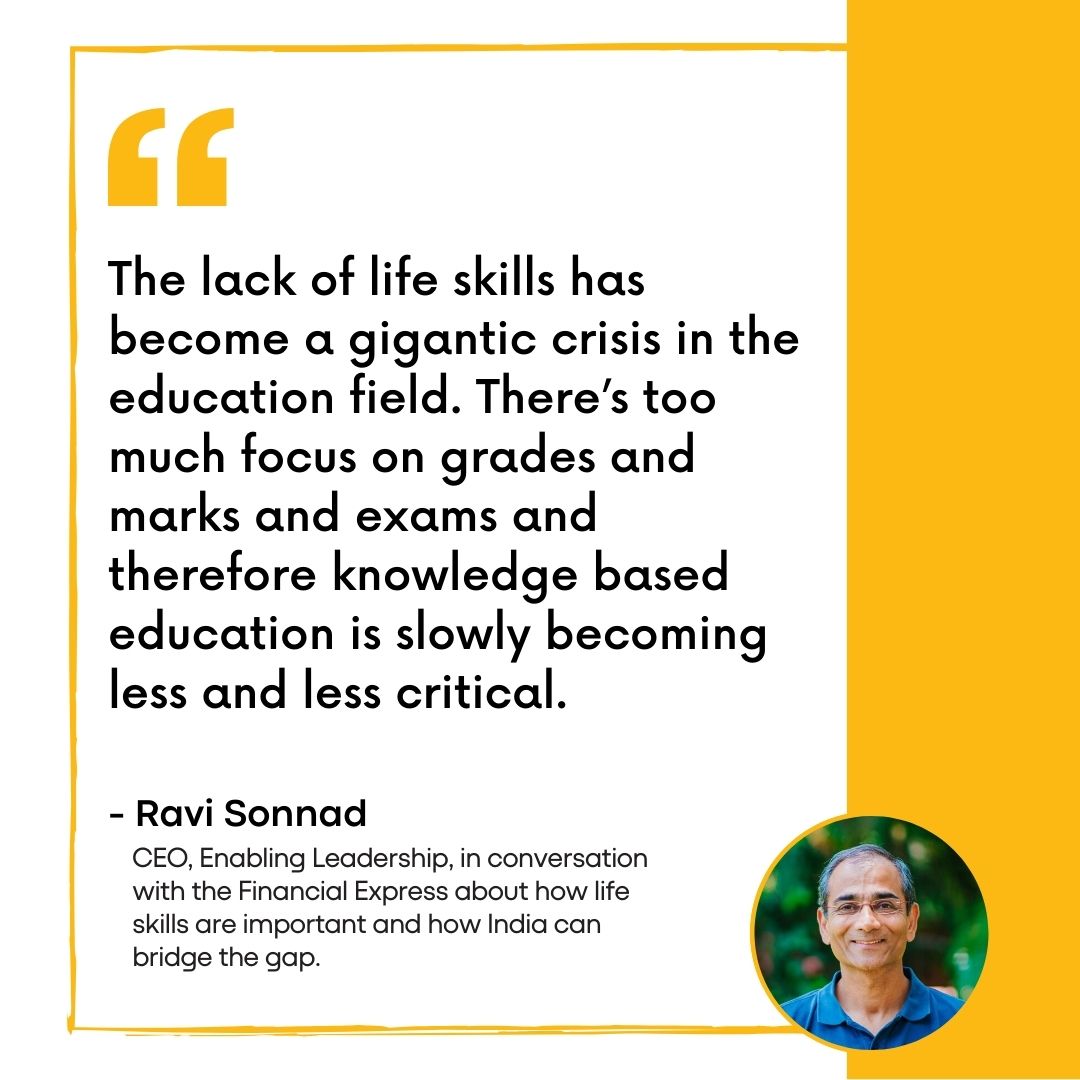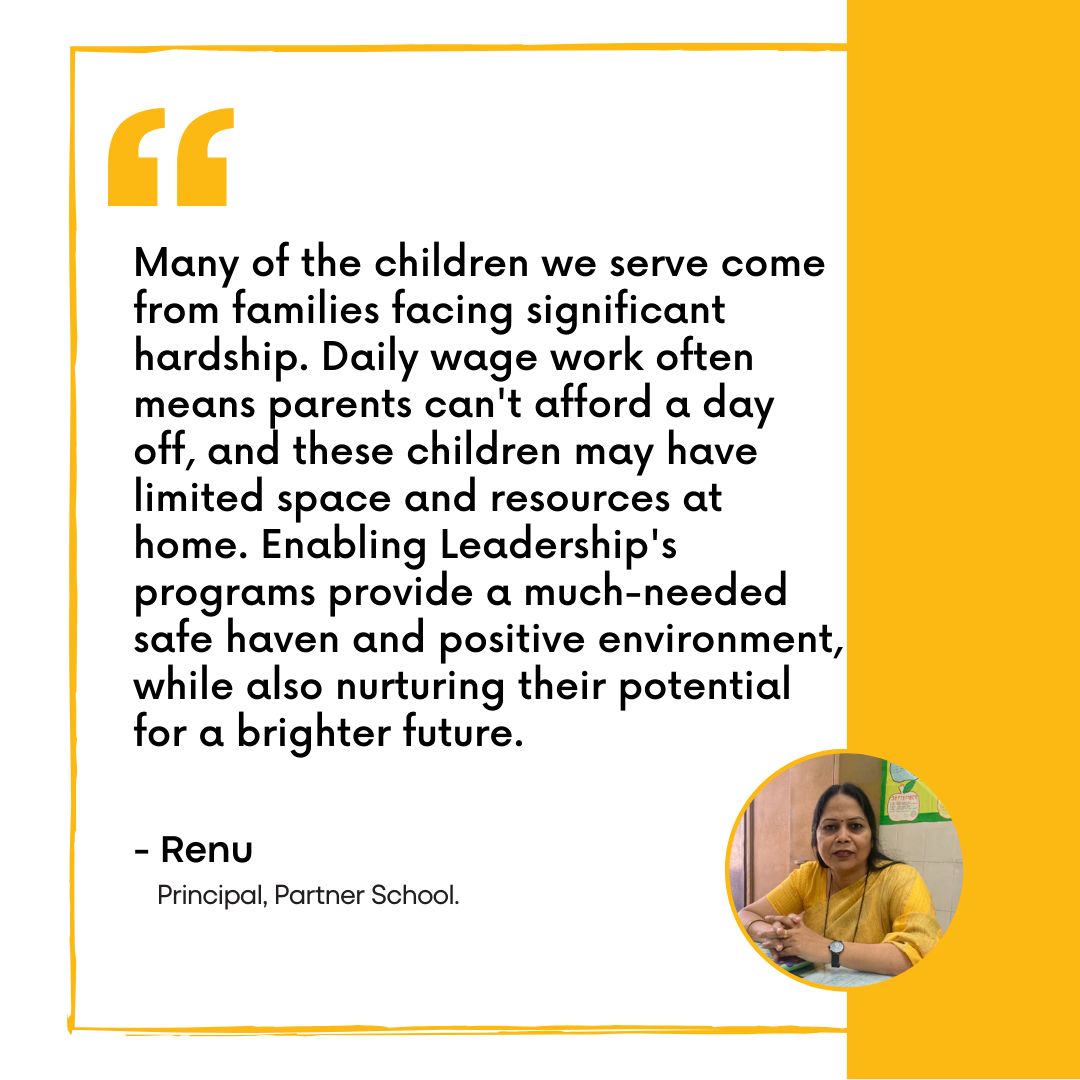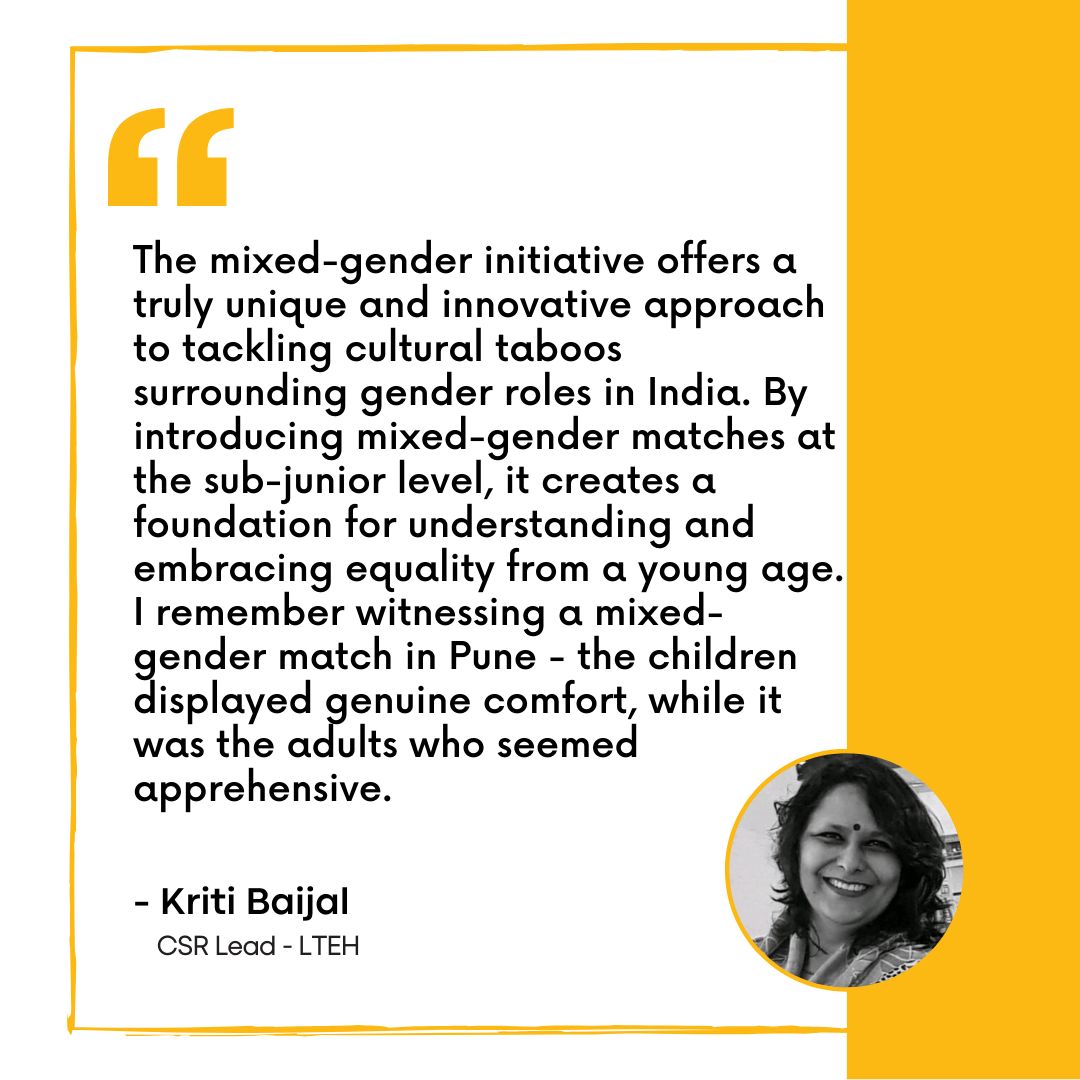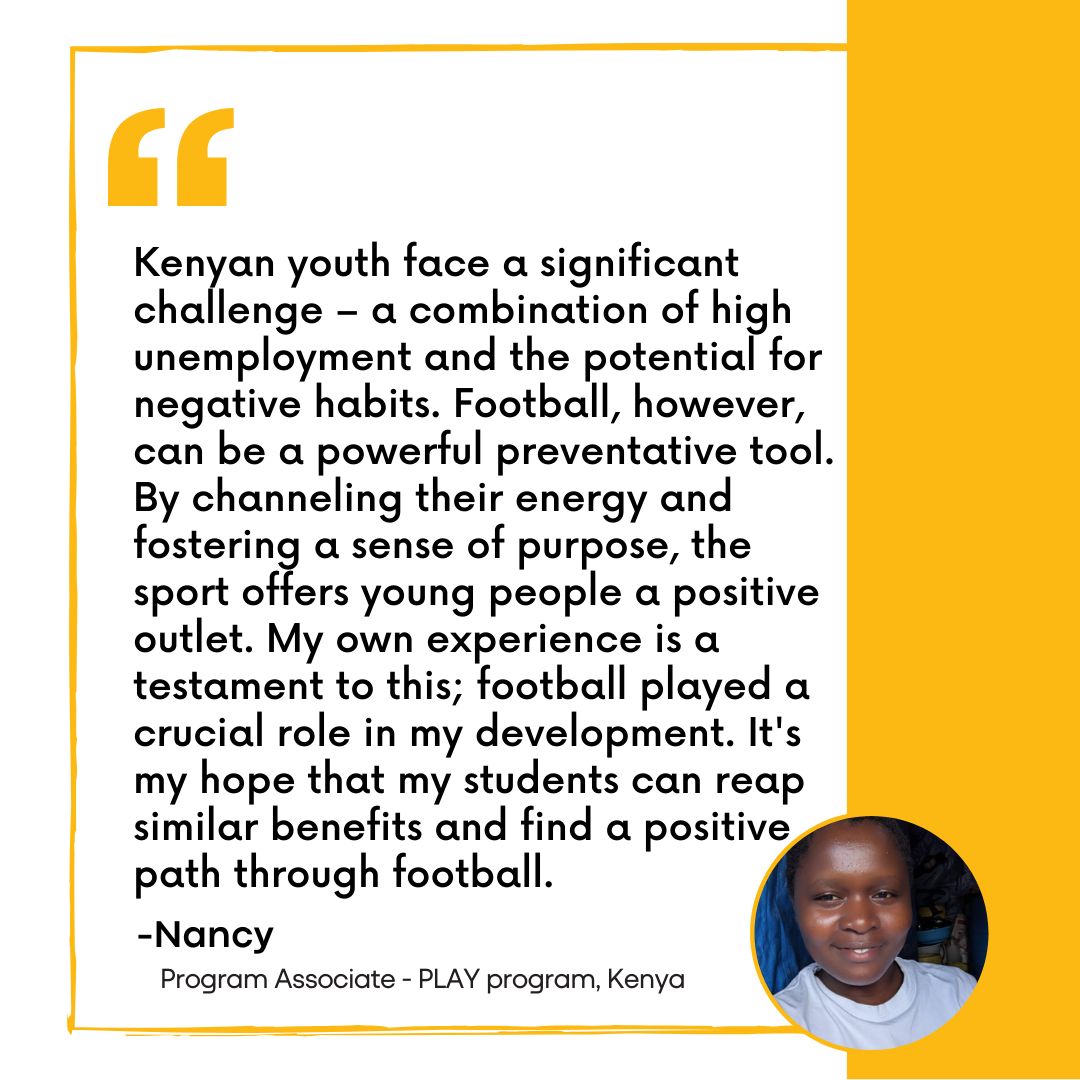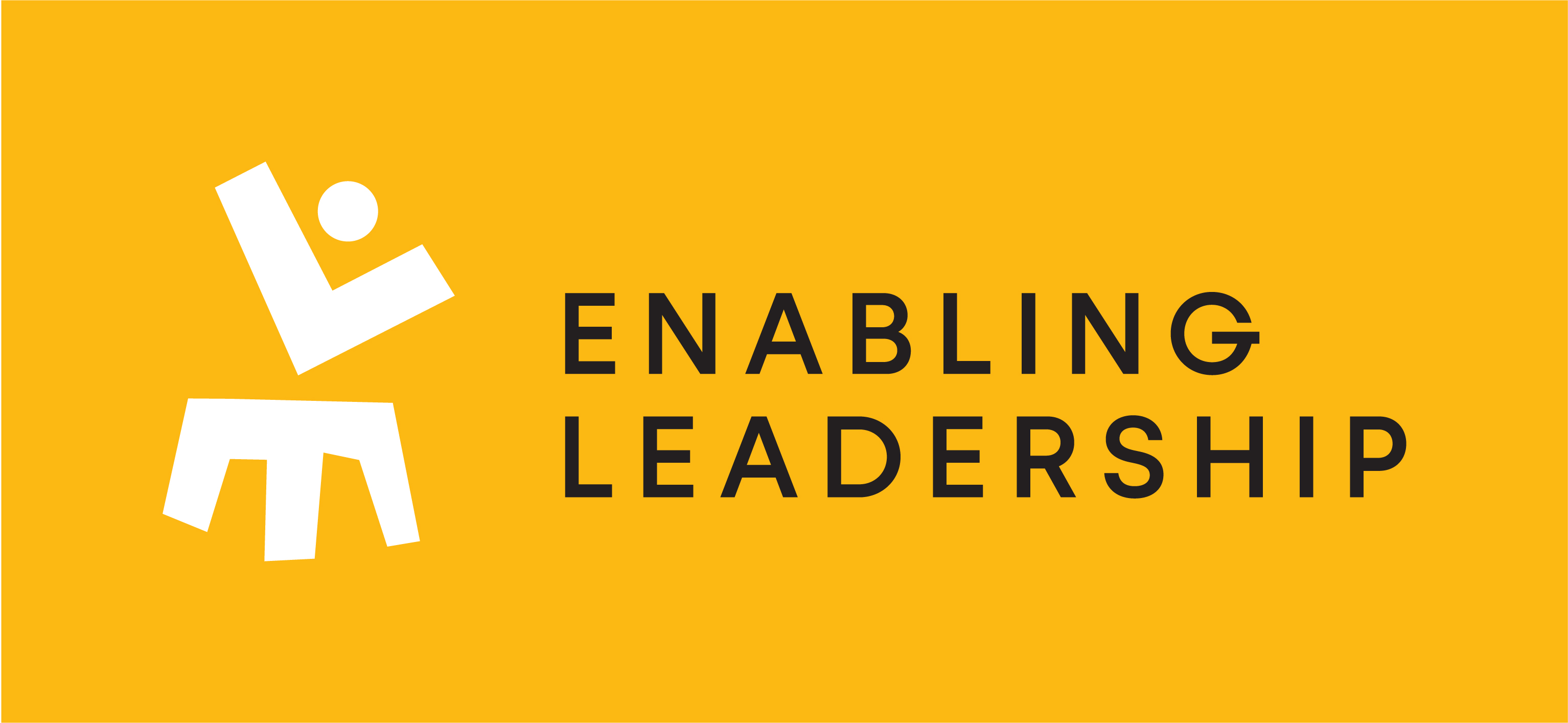We focus so much on our children and their holistic development. What about children from underprivileged sections of society? They too are our future. They struggle through childhood overburdened with financial strains and a lack of infrastructure to support their growth in meaningful ways.
I serve as a Director on the board of Enabling Leadership. I am associated with the authentic work they do to bring life skills and leadership to children from marginalised sections of society in India. I invite you to contribute to building future generations by supporting a child at a minimal cost of INR 800 a month adding to INR 9600 (USD 120) for a year. We will send you regular updates on how the funds are spent.
This Diwali and Christmas season help light up a child and educate her for life and living! Let's make this world a little more equal. You make life better for someone out there when you contribute in a little way
Joy
Latha
| Donor Name |
Donation Amount |
| Urs-Ulrich Katzenstein |
EUR 120 |
| Anurag Mittal |
INR 9600 |
| Bharat Nain |
INR 5000 |
| Latha Gupta88 |
INR 9600 |
| Ravi Kumar |
INR 9600 |
There are no supporting campaigns yet.
At Enabling Leadership, we address a critical gap faced by over 800 million children globally who lack the opportunity to develop essential
life skills like problem-solving, collaboration, communication, and values such as gender equality. Without these competencies, these
children remain trapped in cycles of poverty, unable to thrive as responsible and employable citizens.
This gap has become a global crisis, as recognized by the United Nations’ Sustainable Development Goal #4, which emphasizes the need for
inclusive and equitable quality education.
Employers view youth work-readiness as a critical issue, with key gaps in communication, professionalism, confidence, and teamwork.
The challenge isn’t a lack of jobs, but that many candidates are not work-ready. By 2027, India, Southeast Asia, and Africa
will have the largest youth workforce, with these gaps more pronounced among low-income youth.
Making a meaningful dent to this alarming life skills gap, Enabling Leadership works with 9-15-year-old children from underprivileged
backgrounds, using innovative programs in music, football, and Lego to develop essential life skills needed to break the cycle of
poverty. Our programs help children connect classroom and playground experiences to real-life challenges. Currently, we reach 10,000
children across 125 low-income schools in urban and rural India, Singapore, Cambodia, and Kenya.


